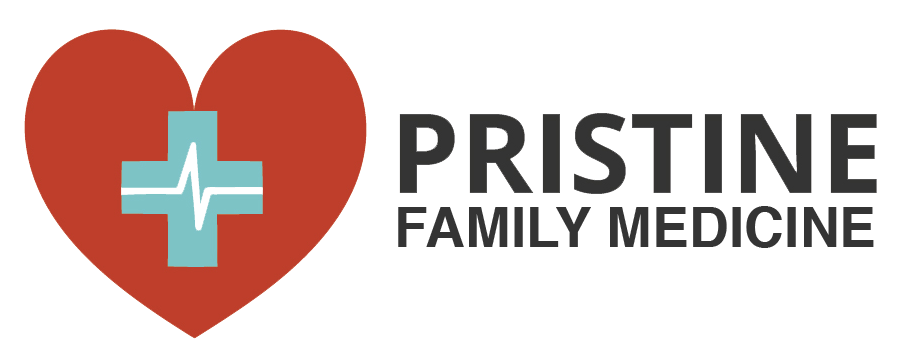Primary Care Annual Physicals
The Importance of Physical Exams
Annual physical exams are vital for maintaining optimal health. By undergoing regular check-ups, you empower yourself with crucial insights into your well-being. These exams allow our healthcare professionals at Pristine Family Medicine to assess your overall health status, detect any underlying health risks that require urgent care, and address them proactively.
By conducting a thorough evaluation of your medical history, vital signs, and laboratory tests, our team can identify early signs of illness and provide timely interventions, increasing the chances of successful treatment and improved outcomes. Pristine Family Medicine ensures that you receive the highest quality care and attention to promote your well-being.

Essential Health Tests for Your Physical Exam
Blood Tests
Blood tests play a crucial role in assessing your overall health. These tests analyze various components of your blood, such as cholesterol levels, blood sugar levels, and complete blood count (CBC). By evaluating these markers, healthcare professionals can identify potential risk factors, monitor existing conditions, and detect early signs of illnesses.
Health History Evaluation
This evaluation allows healthcare providers to gain insights into your past and current medical conditions, surgeries, medications, allergies, and family medical history. Understanding your health background enables them to tailor preventive measures and screenings specific to your needs, ensuring a personalized approach to your healthcare.
Blood Pressure Measurement
Measuring your blood pressure is a routine test performed during annual physical exams. High blood pressure can be an indicator of underlying health issues, including cardiovascular problems. Regular monitoring helps in identifying hypertension early on.
Vision and Hearing Screening
During annual physical exams, basic vision and hearing screenings are commonly conducted. These screenings evaluate your visual clarity and identify any potential hearing difficulties. By detecting vision or hearing impairments at an early stage, prompt interventions and appropriate management can be initiated, ensuring optimal sensory health.
Who Needs a Physical Exam?
Common Urgent Care Symptoms Treated:
Here are some examples of targeted screenings that may be included:
- Breast Cancer Screening: Women aged 40 or those with a family history of breast cancer should undergo routine mammograms to check for breast cancer.
- Bone Strength Check: Women aged 60 and above should have a bone density scan to assess bone health and check for osteoporosis.
- Colon Cancer Screening: Individuals aged 45 and above may have stool tests, like fecal occult blood tests or Cologuard, or a colonoscopy to screen for colon cancer.
- Screening Smokers for Lung Cancer: Current smokers or those who have quit within the past 15 years and are aged 55 to 74, should have a low-dose CT scan of the chest to screen for lung cancer.
- Screening for Abdominal Aortic Aneurysm: Men aged 65 to 75 who have a history of smoking may receive a one-time ultrasound screening to check for abdominal aortic aneurysm.
- Prostate Cancer Screening: Men aged 50 and above (or younger if at higher risk) may undergo prostate-specific antigen (PSA) blood tests and digital rectal exams to screen for prostate cancer.
- Cholesterol Screening: Adults aged 20 and above may have their cholesterol levels checked through a blood test to assess their risk of heart disease.


